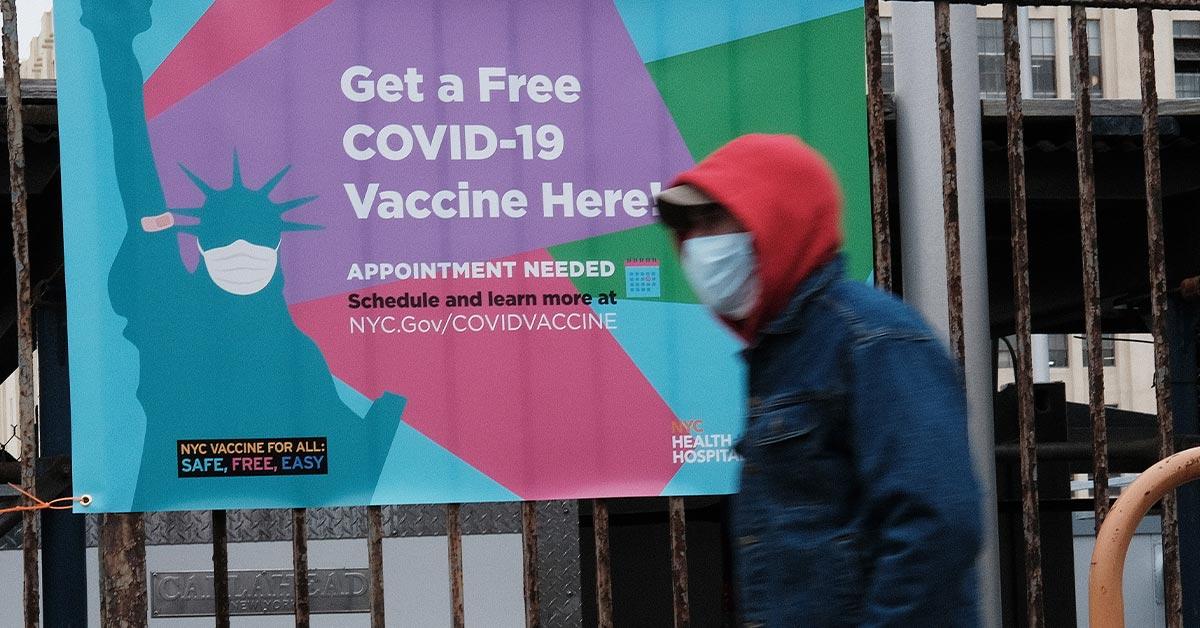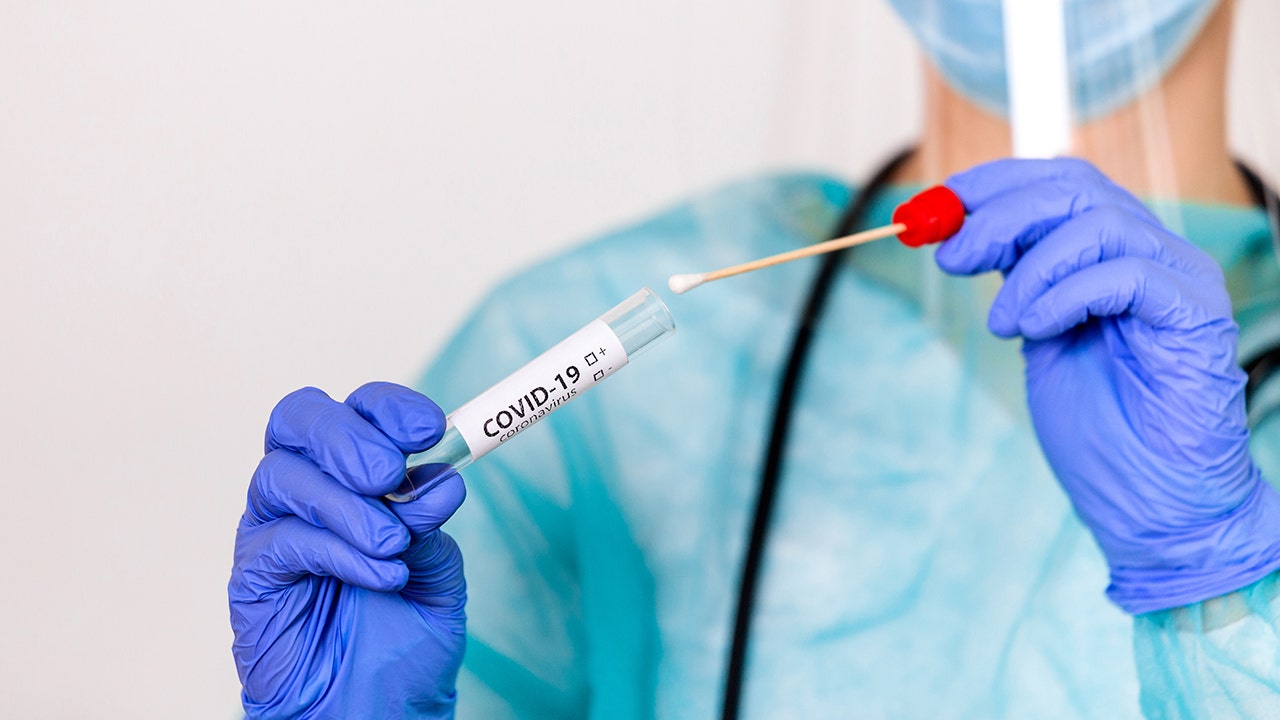Turtlekrawl
Well-Known Member
Agree. And as you and others have pointed out, at least some (probably a significant number) of that 60M+ anti-vax group have gotten the disease and have some natural immunity. So with current trajectory, we should get to well over 80% immunity in the next 6 months in the US, one way or another.The latest polling is 71% have already or will take the vaccine. Another 8-9% want to wait to see if it’s safe and effective which it is so I’m counting them as well. There’s around 20% who say no vaccine no matter what. That 20% has stayed pretty constant since the Fall. The biggest changes are that more people are moving from the wait and see group to the yes group. I don’t know if we end up at 80% or something lower, but 71% are saying yes these days and that’s pretty good. That 20% is still 60M+ people so quite a large group. You are not alone in your anti-Covid vaxx position. We don’t need everyone to be vaccinated, but if we don’t get enough then a return to normal will be delayed. I doubt the vaccine will be mandated except for specific jobs and eventually maybe schools and colleges. It will likely also be required for International travel and maybe cruises with stops out of country.
I do need the vaccine to feel safe. That’s not something I am ashamed of or embarrassed by. 500,000+ Americans have died and we have 3 effective vaccines that can crush this pandemic. It‘s time to celebrate the scientific achievement and move towards a return to normal.

Two-Thirds of Americans Not Satisfied With Vaccine Rollout
In the U.S., 66% of adults are dissatisfied with how the vaccination process is going.news.gallup.com
Worldwide immunity will take longer, however.



